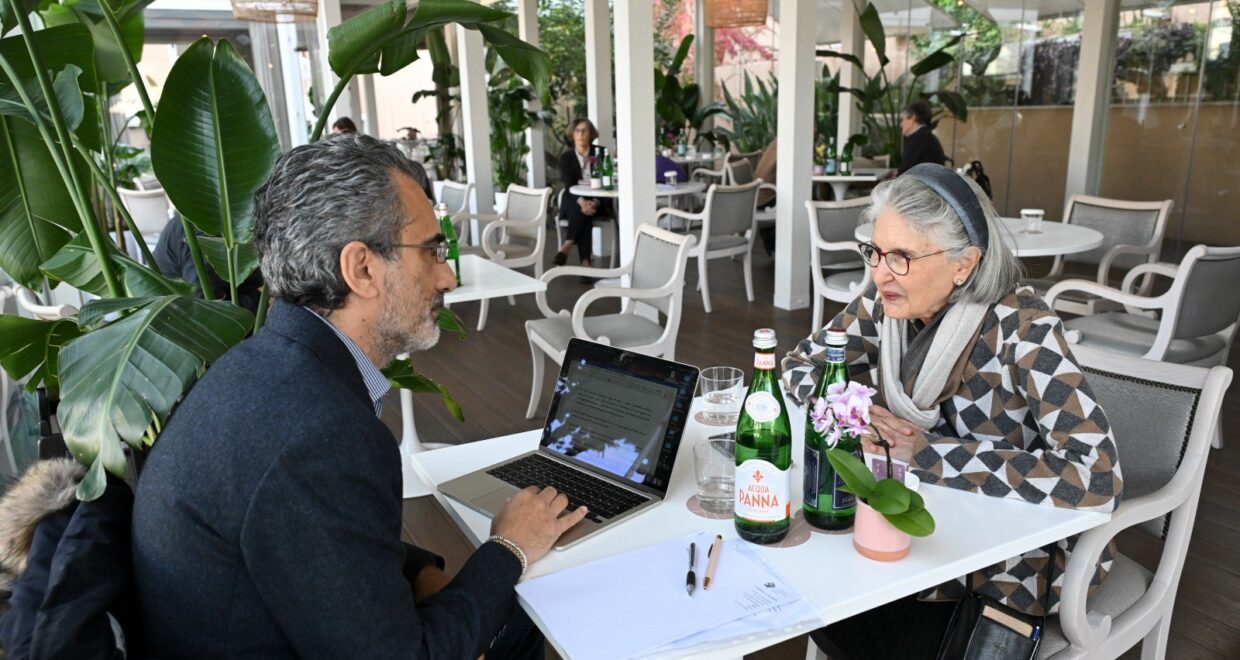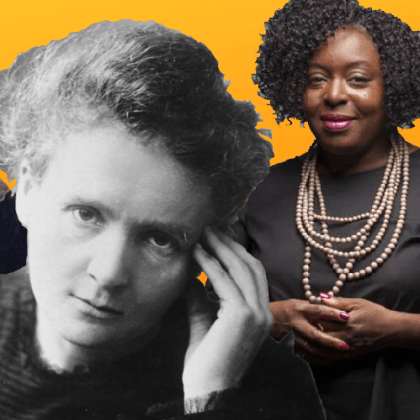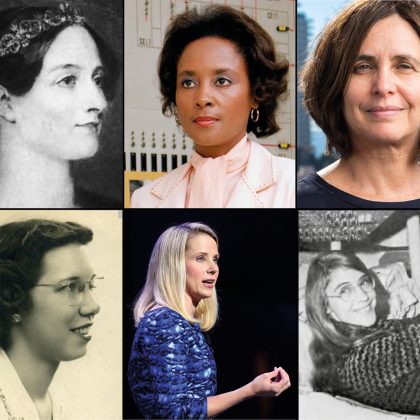A conversation with the historian of science Lorraine Daston
Lorraine Daston is an American historian of science whose work spans a broad range of topics in the early modern and modern history of science. She studied at Harvard and Cambridge Universities and has been Director at the Max Planck Institute for the History of Science in Berlin. In her works she takes the reader on a fascinating journey through the preconceived opinions about the constitution of nature, the intellectual tendencies, the metaphysical views and the emotional considerations of all those who, in different epochs, have been involved in the process of production of knowledge.
On 21 November 2024, in Rome, she was awarded the Balzan Prize for History of Modern and Contemporary Science, one of the world’s most prestigious academic awards. Administered by the International Balzan Prize Foundation, this award honours the work of scholars with internationally outstanding achievements. The Balzan Foundation gave me the opportunity to interview Daston in Rome, before she was awarded the Balzan Prize, in the presence of the president of the Italian Republic, Sergio Mattarella.
I believe that human rationality is the sum of different ways of knowing (or styles of reasoning and finding out, as we may call them) that emerged in distinct historical epochs and that have sometimes become extinct. The entire set of these ways of knowing does not have a clear boundary. What makes the evolution of science so dynamic is that new ways of reasoning continually emerge, and their characteristics are sometimes different from those that characterized science previously.
In order to identify these ways of knowing it is important to detect the conceptual system of a certain epoch that allowed people to organize their experience. Some concepts, which may call “organizing concepts” – such as probability, evidence, rationality, objectivity and many others – structure our thought and constitute the conditions of the possibility of our experience. The particular interplay between othese organizing concepts as well as the metaphysical views, emotions, esthetical considerations, mental predispositions etc. is a crucial element characterizing a given way of knowing or style of reasoning. Thus, by studying the interaction between different organizing concepts, we can better understand its features.
This is where Daston’s work comes in and this is the main reason why I wanted to delve deeper into these topics with her. In my view, part of the importance of her studies lies precisely in the fact that they have helped clarify how different organizing concepts and other epistemic elements in a given historical and social context form the backbone of a given way of knowing or style of reasoning. It is no coincidence that Daston herself says in his first response to my questions: “if there is a red thread that runs through my own set of publications, it is an interest in giving rationality a history”.
The interview is structured in four parts. In the first part, Daston discusses the central questions of her work and the context of their research in history and philosophy of science. In the second part, she illustrates her vision of the history of science and explains how the latter is tentatively becoming the history of knowledge. The third part of the interview aims to expand and clarify some of Daston’s research findings in the field of history of science, which are used in the last part of the interview to shed light on some problems that afflict humanity today.
For a history of human rationality: an interview with Lorraine Daston. 2024 Balzan Prize for History of Modern and Contemporary Science by Luca Sciortino






